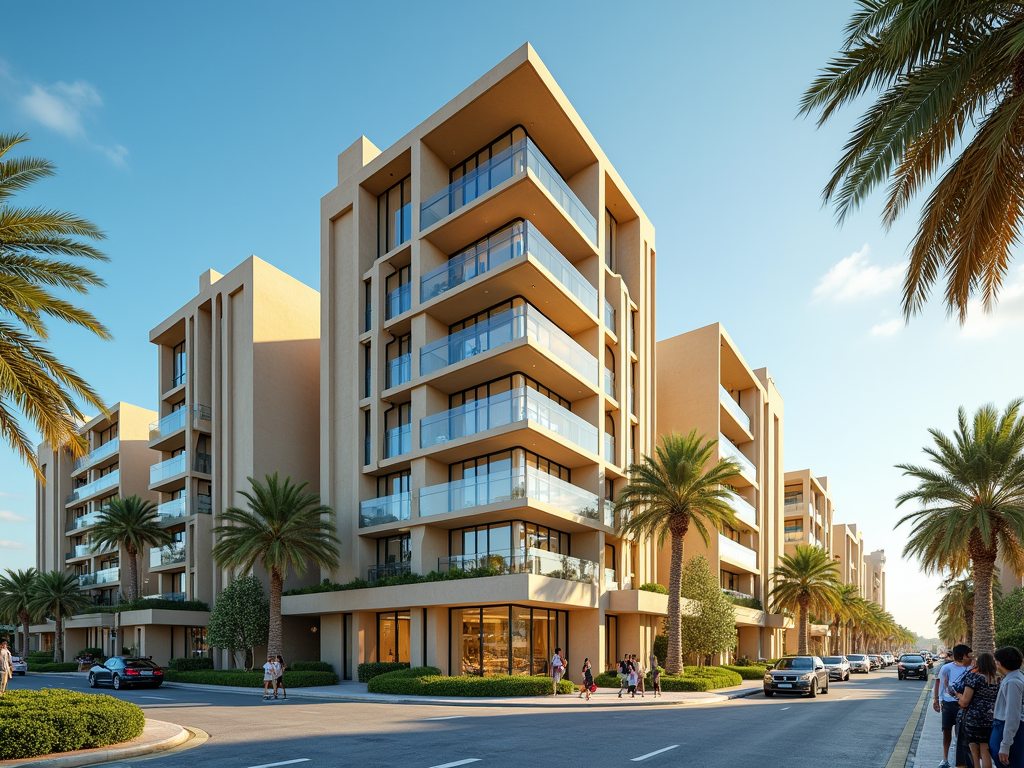Property taxes in Dubai are different from many other countries, primarily due to the unique structure of the real estate market and government regulations in the UAE. This guide will help you understand the various types of property taxes, their rates, and how they affect property ownership in Dubai.
Understanding Property Taxes in Dubai

In Dubai, the government has established a property tax system aimed at promoting the real estate sector while ensuring that local infrastructure and services are maintained. The main types of taxes associated with property ownership in Dubai include the following:
- Registration Fee
- Property Transfer Tax
- Municipality Tax
- Service Charges
Each of these taxes contributes to the overall cost of owning property in the emirate. Although there is no traditional annual property tax as seen in other countries, certain fees can accumulate and thus impact your budget when investing in real estate.
Key Property Taxes Explained

Let’s explore each of these property taxes in detail:
1. Registration Fee
When purchasing property in Dubai, buyers must pay a registration fee to the Dubai Land Department (DLD). This fee is typically 4% of the property’s purchase price, and it is necessary to officially register the property in the buyer’s name. Additionally, this fee can be split between buyer and seller if agreed upon.
2. Property Transfer Tax
The property transfer tax in Dubai is closely tied to the registration fee and varies based on the nature of the deal. Though it’s often included in the registration fee, buyers should confirm with their real estate agents to ensure compliance with the local regulations. This transparency is crucial to avoid hidden costs.
3. Municipality Tax
Municipality taxes in Dubai are levied based on the property’s annual rental value. For property owners, the municipality tax is generally 5% of the annual rental price of the property. This tax funds local services and infrastructure, ensuring a vibrant community and high living standards.
4. Service Charges
Service charges are common in apartment complexes and gated communities. These fees cover maintenance, security, and other communal services. While they vary based on property size, location, and type, homeowners should ensure they understand the service level agreements and any associated costs before purchasing a property.
How to Calculate Your Total Property Tax Liability
To calculate your total property tax liability in Dubai, consider the following steps:
- Determine the purchase price of the property.
- Calculate the registration fee (4% of the purchase price).
- Account for any additional property transfer taxes.
- Estimate the annual rental value to calculate the municipality tax (5%).
- Review service charges that may apply to your property type.
Adding these figures will provide an estimate of your total expenditures related to property ownership in Dubai. Understanding these costs upfront can help you better prepare your budget and avoid unexpected expenses in the long run.
Conclusion
Property taxes in Dubai may initially seem complex, but they are relatively straightforward compared to many global markets. By understanding registration fees, municipal taxes, and service charges, potential investors can navigate the Dubai real estate landscape more effectively. This knowledge equips buyers to make informed decisions and strategize their investments wisely.
Frequently Asked Questions
1. Are there any annual property taxes in Dubai?
No, Dubai does not impose a traditional annual property tax like many other countries. However, buyers need to account for other fees such as municipality tax and service charges.
2. How is the municipality tax calculated?
The municipality tax is typically 5% of the annual rental value of your property.
3. Who pays the registration fee when buying property in Dubai?
The registration fee is usually the buyer’s responsibility, but it can be negotiated between the buyer and the seller during the transaction.
4. Can property taxes change over time in Dubai?
While the rates are stable, government decisions can impact tax and fee structures, so it’s wise for buyers to stay informed of any changes.
5. What are service charges in Dubai’s property market?
Service charges cover maintenance, security, and other communal costs in apartment buildings or gated communities and can vary significantly based on property type and location.
